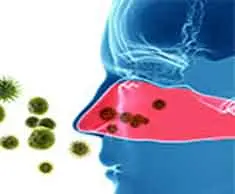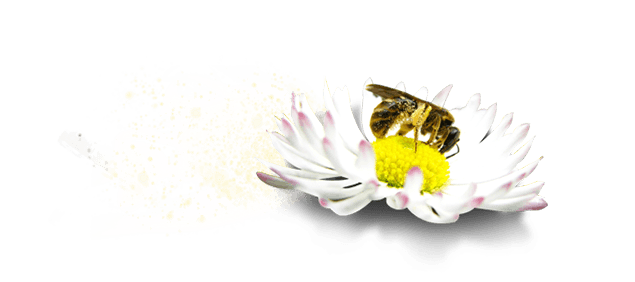There are four key components required for the allergic reaction to happen:
Allergen
Substance causing the allergy.
Immunoglobulin E
An antibody produced in response to the allergen.
Mast Cells
Special cells, found in skin and moist linings (nose, eye, mouth) packed with histamine granules.
Histamine
Is then released from the mast cells and causes small blood vessels (called capillaries) to widen (dilate). This causes many of the symptoms of allergy as these blood vessels then start to leak their contents into the body tissues causing inflammation of the nose, eyes or airways and results in itchy watery eyes, a runny nose, sneezing and nasal congestion.
Quick Fact: How the allergen enters the body can determine the symptoms, e.g. if the allergen enters via the nose sufferers are likely to sneeze.


